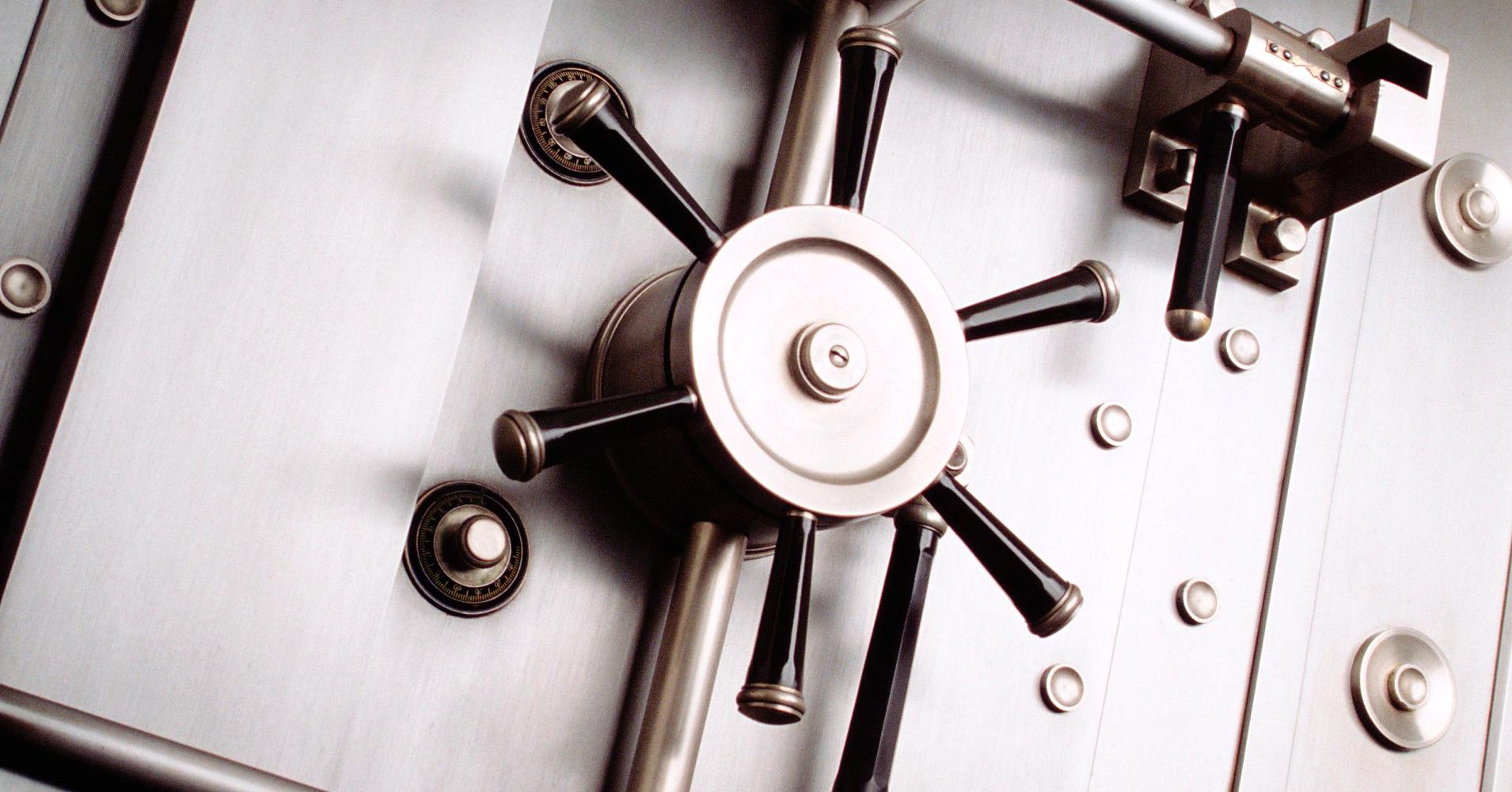Swiss top court ruled sweeping banking secrecy

Switzerland’s highest court ruled on Wednesday that prosecutors cannot extend Swiss banking secrecy rules to all corners of the globe to pursue whistleblowers and other leakers at foreign subsidiaries.
The Swiss Banking Act requires employees of Swiss-regulated banks to keep client information confidential, but a number of staff have leaked account details to foreign authorities in the past decade as Western governments crack down on tax evasion.
Zurich prosecutors had asked the Federal Supreme Court to interpret the law so that the secrecy obligation is widened to include people with looser working relationships to Swiss banks and their subsidiaries abroad.
The Federal Supreme Court by a 3-2 majority rejected an appeal by Zurich prosecutors in a 14-year legal battle involving former private banker Rudolf Elmer, who had been acquitted of breaking secrecy laws.
Elmer, who headed the Cayman Islands office of Swiss private bank Julius Baer until he was dismissed in 2002, later sent documents with details of alleged tax evasion to the anti-secrecy group WikiLeaks and to tax authorities across the globe.
Some lawmakers in the European Union worried that the prosecutors’ move, if successful, would deter potential whistleblowers from supplying information on people accused of shifting wealth to tax havens through accounts protected by secrecy laws.
Elmer, who was in the courtroom, expressed relief at the verdict. “My reaction is positive, definitely,” he told Reuters, calling the verdict — which is final — a blow to tax dodgers trying to hide behind Swiss banking secrecy.
“Especially foreign employees will feel much more comfortable that they are not being exposed to any legal cases about violating Swiss bank secrecy,” he said.
The decision comes at a delicate time for Zurich-based Julius Baer, Switzerland’s third-largest wealth manager.
It’s in the final year of an agreement to avoid U.S. prosecution after admitting in 2016 that it helped thousands of Americans conceal billions of dollars in assets. Under that deferred-prosecution pact, Julius Baer paid $547 million and agreed to cooperate with any U.S. government agency to flag all criminal conduct by its employees for any violations of federal law.

